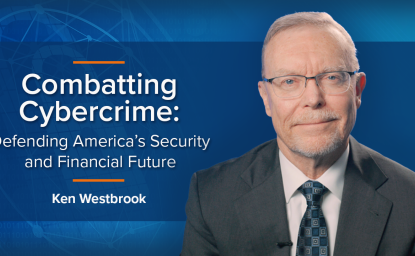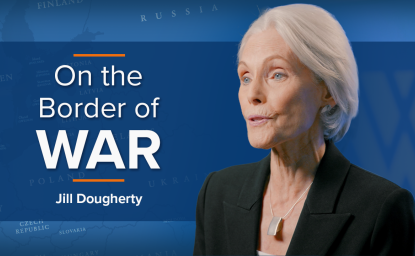America and the World
How should the United States combat increasing anti-Americanism abroad? Former Congressman Lee Hamilton discusses how America can do better at talking, and listening, to the world.
How should the United States combat increasing anti-Americanism abroad? Former Congressman Lee Hamilton discusses how America can do better at talking, and listening, to the world.
President Bush's appointment of long-time advisor Karen Hughes as Under Secretary of State for Public Diplomacy was applauded by people who want the U.S. to do more to try to stem the tide of anti-Americanism. Now is the time for a robust dialogue on how to make headway on this important task.
Recent polling reports that majorities in most European countries have an unfavorable opinion of the United States. In the Islamic world – Hughes' primary objective – these numbers are more dramatic, with favorable ratings plummeting as low as 5 percent in Jordan. Majorities in most Muslim countries, including key allies like Turkey, Kuwait and Pakistan, see the U.S. as a direct military threat. In polling from five continents, majorities in most countries feel the U.S. does not solve the world's problems, and that U.S. policies caused the 9/11 attacks.
Americans have a hard time understanding these sentiments. Why do others distrust and dislike us? Why are they increasingly unwilling to follow our lead? Often, we attribute these feelings to misinformation or misrule by evil leaders. Improving public diplomacy, the mechanisms through which America reaches out and explains itself to the world, is cited as a cure-all: if we can better communicate our ideals of freedom and democracy, the thinking goes, then the world will have a more favorable outlook toward America.
There is truth in that view, but public diplomacy is not a one-way street; it is a process of engagement and developing relationships. Combating misinformation and communicating our ideals with force and eloquence should be part of our strategy, but many would still refuse to follow an American banner toward our vision of freedom. Many people with anti-American views are informed about our ideals and policies; they simply don't agree with them. They do not hate us exclusively for who we are – free people in a democratic society; they hate us for what we do – the conduct of American policies in the world.
Most prominently, majorities in many countries do not believe the U.S.-led war in Iraq was waged to disarm Saddam Hussein of weapons of mass destruction, or to bring democracy to the Iraqi people. Many Muslims saw the presence of U.S troops in Saudi Arabia as anti-Islamic; others see our support for leaders like Hosni Mubarak in Egypt or Pervez Musharraf in Pakistan as anti-democratic. Many Europeans and Canadians see our opposition to the Kyoto Protocol on global warming as anti-environment. The list goes on.
In international affairs, policies have unintended consequences, and your best intentions are viewed differently by people with different worldviews. Whereas Americans see a benevolent American military suffering to bring democracy to Iraq, others see an aggressive American military on foreign soil as Iraqis suffer. Whereas Americans see our culture and free expression embraced globally, many Muslims are wary that decadence and materialism may take root. Whereas Americans see open markets and foreign aid spreading prosperity, many in the developing world blame us for a system that has left them behind.
That is why public diplomacy is harder than many imagine. To succeed, we must craft and communicate policies to work in diverse corners of the world. For instance, making clear we want a democracy that works for Iraqis, not an Iraq built in America's image; globalization that creates more winners and fewer losers; and free and open expression that need not mean the end of traditional cultures. We must listen to the views and concerns of people around the world, so we can better explain how our ideals can work for them and not merely us; and we must take action when our policies do not live up to our ideals – for instance, our treatment of detainees at Abu Ghraib and elsewhere.
Some resentment is inevitable, since the U.S. is the sole superpower. But I believe American leadership wants to do the right thing, and that the U.S. is often a force for good, although we do not invariably measure up to our ideals. We should be proud of our achievements and history of helping others, and confident in our belief that democracy and market economics is the best path.
Yet too often in American discourse, listening to the concerns of people around the globe is portrayed as ignoring American interests. On the contrary, we have to recognize how our policies appear to others, not just ourselves, before we shape public diplomacy. We are speaking to an increasingly skeptical, if not hostile, world. To serve our interests abroad, we must not just speak at the world, but with the world as well.


